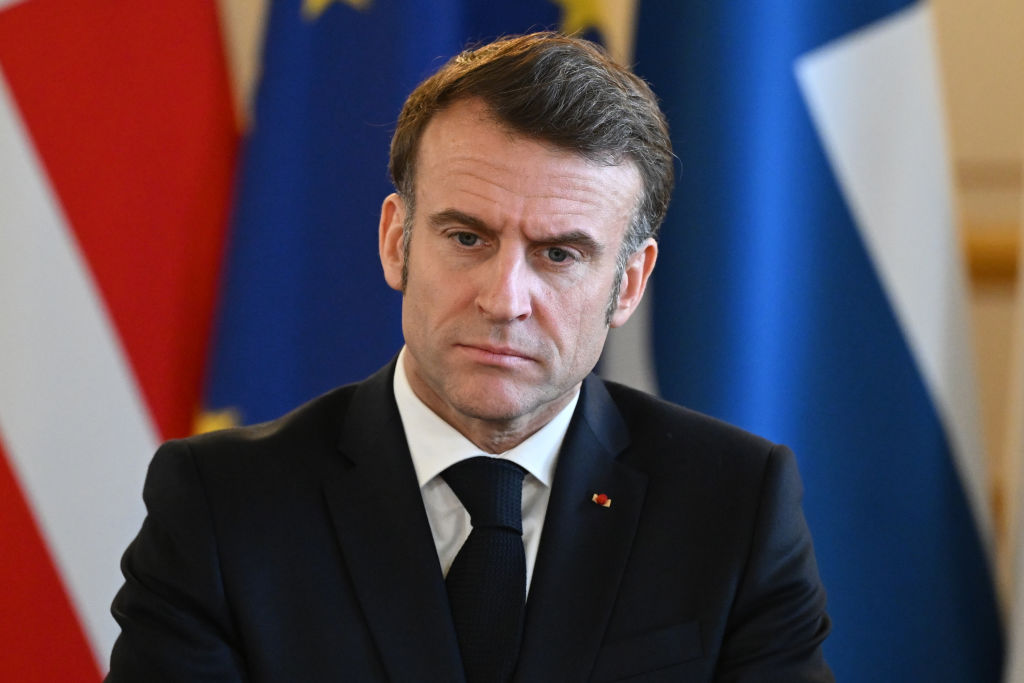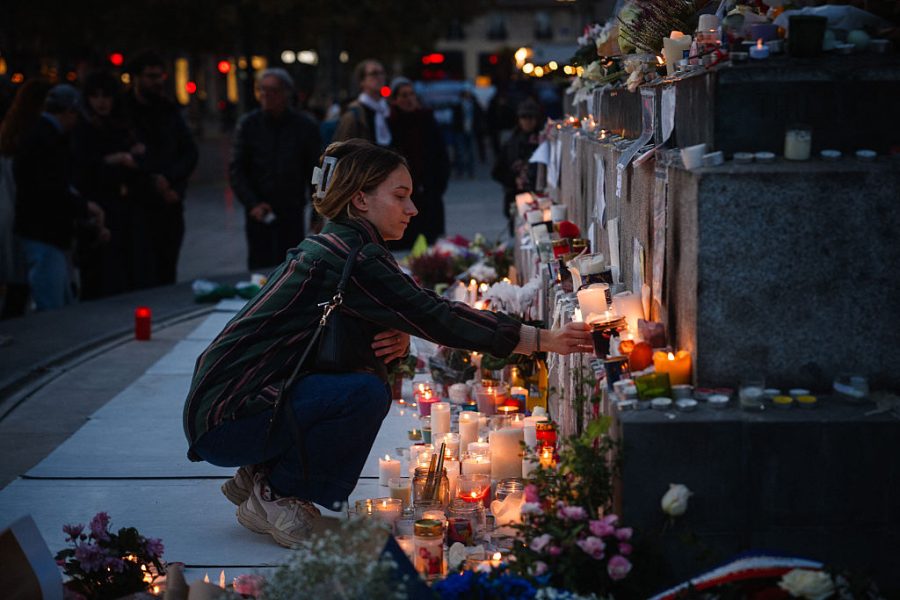Emmanuel Macron says Europeans should stop relying on social media for their news and turn back to traditional public media. Speaking in Paris on Wednesday, he said people were “completely wrong” to use social networks for information and should instead depend on journalists and established outlets. Social platforms, he argued, are driven by a ‘process of maximum excitement” designed to “maximize advertising revenue,” a system he said is “destroying the foundations of democratic debate.”
He accused X of being “dominated by far-right content” and added that the platform was no longer neutral because its owner had “decided to take part in the democratic struggle and in the international reactionary movement.” TikTok, he warned, was no less dangerous. Macron called for “a much stronger agenda of protection and regulation in Europe” to rein in what he views as the excesses of social networks.
Macron is urging Europe to “take back control of our democratic and informational life.” This is not the first time that he has spoken in such terms. France and its allies, he warned, have been “naïve” in allowing their public debate to be shaped by foreign-owned platforms and algorithms that no longer respect neutrality. To counter what he calls “a crisis of information,” he wants a new “European agenda of protection and regulation.” It is, in effect, a plan to bring the digital sphere under far stricter political control.
Macron’s comments are an attack on how an entire generation gets its news. Over 40 percent of people under 30 and nearly half of 18- to 30-year-olds now rely on social media for news. He appears to believe they should return to the days of reading and watching state-controlled media. The suggestion is astonishing. It’s frightening to even have to write this but democracy depends on access to competing points of view, not on state-managed television and subsidized newspapers. Macron cannot seriously believe that it would be good for democracy if Europeans were driven back to getting their news from government-aligned networks.
Macron also blamed foreign interference, accusing Russia of being “the biggest buyer of fake accounts’ aiming to destabilize European democracies. “We’re facing interference on steroids,” he said. Macron has previously cited alleged manipulation of online content during recent elections in Eastern Europe, which he called “terrifying.” Yet observers found little evidence of large-scale manipulation in those cases. What really unsettled Paris and Brussels was often the result of those elections and the rejection of EU-backed candidates. His warnings about fake accounts look less like a defense of democracy than an argument for tightening state control over speech.
The logical consequence of what Macron is proposing is that to abolish “fake accounts” you must abolish anonymity itself. If Macron is serious about ending fake accounts, and he keeps repeating that he is, the only way to do that is through digital identity. His plan leads inevitably to a system where anyone who wants to post or comment online must first prove who they are.
The architecture for full control of social networks in the Europe already exists. The EU’s eIDAS regulation requires every member state to issue digital identities. There is France Identité, Germany has eID, Italy its SPID. Originally designed for banking, healthcare and tax, these IDs could easily be integrated into online services. Macron’s vision would plug them directly into the Digital Services Act. The result would be an internet where every post is traceable to a verified name. It’s a short step from fighting “fake accounts” to outlawing anonymous speech altogether.
For years, Macron has argued that the internet must be brought to heel. When he cannot legislate at home, he does it through Brussels. The EU’s Digital Services Act already gives regulators the power to police what they call “systemic risks” online, a term broad enough to cover disinformation, hate speech, or anything judged destabilizing to democracy. Under the Act, platforms can be fined up to 6 per cent of global turnover, a threat that forces them to police themselves long before Brussels intervenes. The result is over-compliance and the quiet erosion of free speech. Add the eIDAS digital-identity framework, and Macron suddenly has the tools to pursue his long-standing ambition of ending online anonymity.
In France itself, Macron is running out of power. His government has no stable majority, his authority in parliament has evaporated, and his personal ratings have collapsed. A poll in Le Figaro magazine this week puts his confidence level at just 11 per cent, among the lowest scores ever for a president of the Fifth Republic. On the streets he’s booed. Online he’s mocked daily. But in Brussels, the machinery of regulation still answers to him. The Digital Services Act and eIDAS framework move forward regardless of French politics, enforced by bureaucrats rather than parliament. Macron may be paralyzed in Paris, but in Europe he can still act like a statesman. The danger is that he could still in the time that he has left in office shape the rules that define what Europeans can and cannot say.
Macron insists he’s defending democracy from manipulation and hate. But that’s the excuse. His vision is of a Europe where free speech is tolerated only when it is traceable, and where platforms pre-emptively silence anything that might draw a regulator’s glare. He calls it a “resurgence of democracy.” It’s nothing of the kind. It’s the bureaucratization of thought, and the beginning of a continent where debate survives only on license. If Macron has his way, Europe’s public square will not just be regulated, it will be licensed.


























Leave a Reply